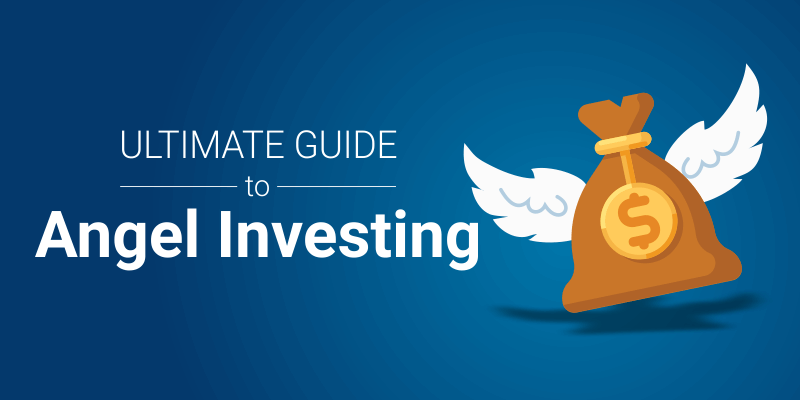Understanding Angel Investors
Most angel investors are rich people seeking a greater rate of return than typical investment alternatives. They look for firms with fascinating concepts and spend their own money to help them grow.
The initiatives are by definition exceedingly hazardous. According to The Angel Capital Association's report, just 11% of such companies are successful. Their investments in each endeavor are minimal, averaging about $42,000.
Most angel investors limit their engagement in companies to no more than 10% of their portfolios.1
Why look for an angel?
An entrepreneur may choose an angel investor over traditional finance. The conditions are usually more advantageous, and the angel investor does not expect to be paid back until the concept works. They often desire an ownership holding and a position on the board.
Rather of seeking a high return on a loan, angel investors want to assist entrepreneurs in taking their initial steps.
Angel investors are also known as informal investors, angel funders, private investors, seed investors, or business angels. They use online crowdfunding platforms or networks to connect with potential investors and maximize their influence.
Origins of Angel Investors
The phrase "angel investor" arose in the Broadway theatrical business, when plays were often sponsored by affluent people rather than institutional lenders, and payments were made only if the show was successful.
The phrase "angel investor" was coined by William Wetzel of the University of New Hampshire, who founded the Center for Venture Research. Wetzel conducted a research on how entrepreneurs raised funding.2
Silicon Valley is now the epicenter of the angel investor community, with ideas being funded in the fields of the internet, software, and artificial intelligence.
Who Can Become an Angel Investor?
Angel investors are really interested in innovation and want to be part. Many have previously worked as entrepreneurs.
Anyone with money and a willingness to support businesses may become an angel investor. They are welcomed by cash-strapped entrepreneurs who are unable to get traditional bank loans or do not want to incur significant debt until their ideas take off.
Accreditation for angel investors
Angel investors often gain accredited investor status, although it is not a requirement. Accredited investor status is a statutory classification governed by the Securities and Exchange Commission (SEC) that grants people access to private capital markets based on their assets and financial knowledge.
The Securities and Exchange Commission (SEC) defines an accredited investor as a person having a net worth of $1 million or more in assets or $200,000 in income in the preceding two years, or a couple earning $300,000. Applicants must also show knowledge of advanced investment plans.3
U.S. Securities and Exchange Commission. "Accredited Investor."
Sources of Angel funding
Angel investors often use their own money, as opposed to venture capitalists, who pool funds from several investors.
Angel investors may give capital via a limited liability company (LLC), business, trust, or investment fund. These are vehicles set up by the investor for tax or legal reasons.

